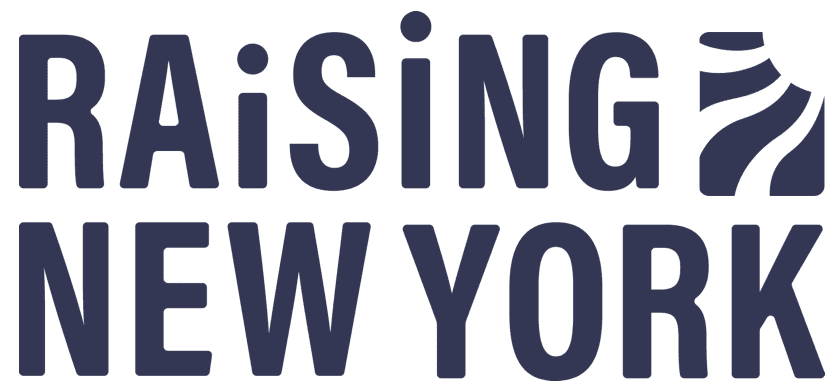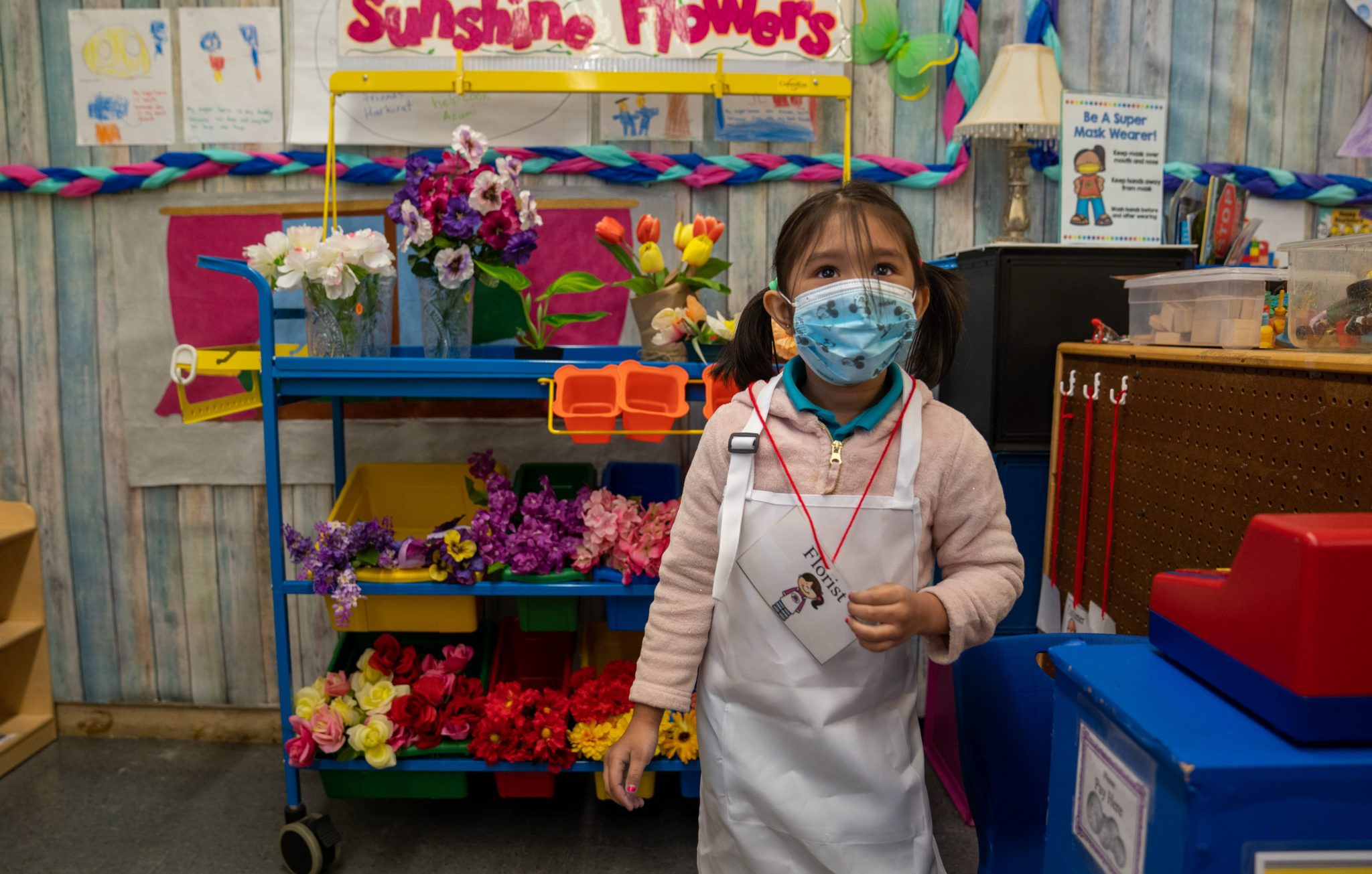NYC City Council Oversight Hearing: 3-K Funding Cuts and Delayed Reimbursements to Early Childhood Providers
February 18, 2023
Submitted by Lara Kyriakou, Associate Director of Early Childhood Policy and Advocacy at Ed Trust–NY
Thank you, Chair Joseph and distinguished members of the New York City Council Education Committee, for the opportunity to submit testimony. I am Lara Kyriakou, Associate Director of Early Childhood Policy and Advocacy at The Education Trust–New York, a statewide non-profit organization dedicated to educational equity. We work to attain educational justice through research, policy, and advocacy that results in all children – especially those who are from low-income backgrounds or students of color – achieving at high levels from early childhood through college completion.
Ed Trust–NY coordinates the Raising NY coalition, which is a diverse statewide coalition of parent, early childhood, education, business, and health organizations dedicated to supporting the learning potential of all children, with a focus on improving long-term outcomes for infants and toddlers who are low-income, children of color, and other under-served groups.
As New York City continues to endure the impacts of the pandemic, both families and early childhood providers continue to face barriers to economic recovery. In the fall of 2022, a Raising NY parent poll revealed that 49% of parents of young children felt that their child care situation was “not very workable”. Additionally, 73% of Black parents, the most of any group, reported traveling more than 10 minutes from home to their child care program. The lack of available, high-quality care continues to impact parents’ participation in the workforce, particularly for Black women.1 Reducing barriers to accessing high-quality early care and education programs is a critical conduit to strengthening the economic security and success for all working families.
Wages for child care and early educators remain in the bottom 3% of earners 2; without consistent and livable wages, the child care workforce shortage will continue. A recent Education Trust—NY series of child care provider focus groups in the Fall of 2022 indicated that the biggest challenges to stabilizing the workforce continue to be a lack of sufficient, consistent funding. Providers identified the need for higher pay for the workforce, including benefits, as the most pressing need in order to efficiently manage their business and provide quality, stable care. Immediate action is needed in order to expand access and capacity for high-quality early childhood programs.
We respectfully submit the following recommendations to ensure that the early care and learning systems in New York City are able to meet the needs of all families:
- Streamline and align early childhood invoicing, licensing, and enrollment systems to ensure equitable access for providers. In recent focus groups, providers identified systemic challenges in communicating with city agencies and licensing agencies. In order to ensure that providers are compensated consistently, promptly, and equitably, barriers to completing reimbursement invoices must be addressed and improvements implemented in order to prevent future challenges.
- Increase access to 3K programs for home-based programs, particularly for those who are not in-network. The DOE must ensure that 3-K programming is offered in a variety of settings as a critical conduit to supporting parent choice, particularly for families who need extended day hours, non-traditional hours of care, and prefer small group settings, all of which home-based programs are more likely to provide.
- Prioritize the most vulnerable children for enrollment. New York City currently has thousands of empty slots, yet there is tremendous need for early child care and education programs. In New York City, nearly a third of all children under 5 who are eligible for child care assistance are infants and toddlers. 3 However, almost 60% of New York City is considered a child care desert, with even less availability for infant and toddlers slots. 4 We must ensure ample capacity and access to infant and toddler slots, particularly for families who are unhoused, survivors of domestic violence, or involved in the foster care system.
The Education Trust–New York is committed to the success of all families. We are grateful for the opportunity to submit this testimony and offer strategies to create a comprehensive early childhood system that equitably supports all families, particularly the most vulnerable and under-served.
Please feel free to contact me at [email protected] with any questions regarding this testimony.

